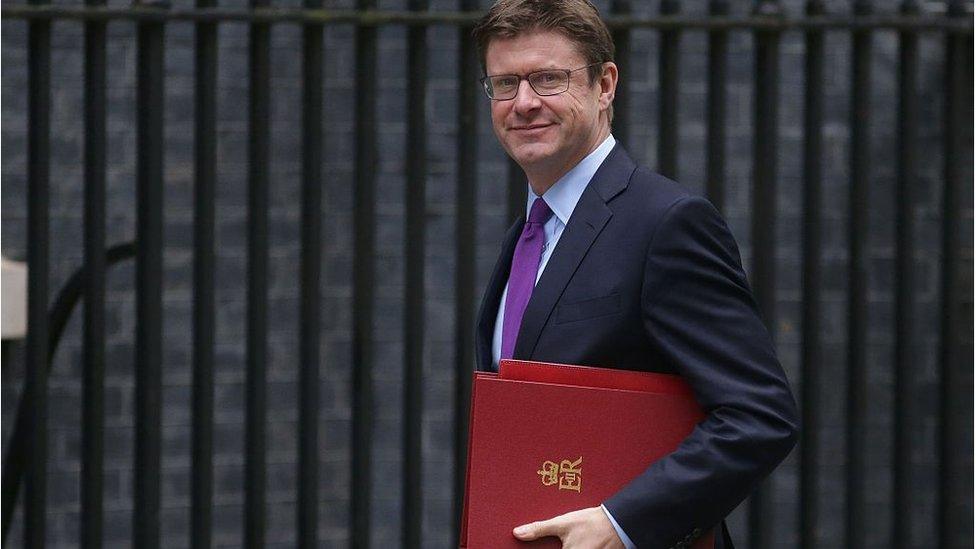Fund manager fires warning shot over bosses' pay
- Published

The world's largest fund manager has sounded a warning to company boards that fail to stop awarding bosses bumper pay packets.
BlackRock has told the chairs of the UK's biggest companies they must stop making big payments when executives leave, and in lieu of pensions.
It would only approve pay increases for directors if workers' wages also rose.
BlackRock is a major shareholder in almost every company listed on the FTSE 100 and FTSE 250.
It could vote against the re-election of directors if its advice is ignored.
The fund manager wrote in its letter: "Where we determine that executive pay is not aligned with the best long-term interests of shareholders, we will also consider this in our voting decision for remuneration committee members' re-election."
Pay packages for bosses should be "strongly linked" to "sustainable returns" over the long term, BlackRock added.
"We consider misalignment of pay with performance as an indication of insufficient board oversight, which calls into question the quality of the board", it said.
The fund manager has also said that severance payments should no longer be made to executives who are sacked, choose to leave, or retire.
However, its demands would only apply to new pay packages, rather than executives already in post.
Chief executives of FTSE 100 firms now have a median pay package of £4.3m, which is 140 times that of the average worker, according to the High Pay Centre.
'Hold executives to account'
Some companies may heed BlackRock's calls given increasing political attention on the issue.
Dozens of big companies will also put their executive pay plans to a binding shareholder vote this year under existing rules that require them to do so every three years.

Business Secretary Greg Clark wants to give greater powers to shareholders
Soon after Theresa May became prime minister in July, she said there should be annual binding votes on executive pay.
But a consultation announced in late November, external indicated that ministers had rowed back from that stance.
Greg Clark, the Business Secretary, said he wanted chief executives to be paid in line with performance. "The right thing is to give greater powers to shareholders to hold executives to account," he told the BBC then.
The government does not plan to force companies to put workers' representatives on boards - a practice that is common in countries such as Germany.
Among other measures under consideration are pay ratios, which would show the gap in earnings between the chief executive and an average employee.
The consultation will run until 17 February.
- Published29 November 2016
